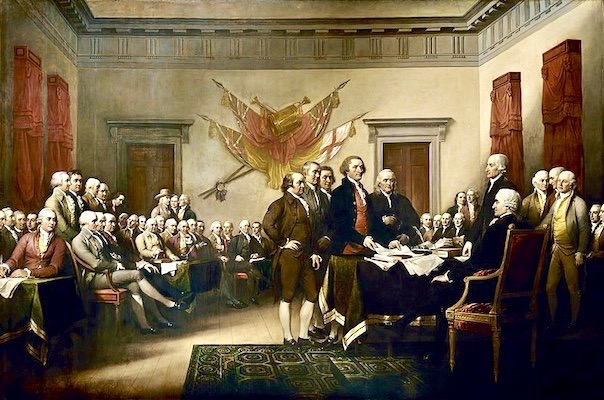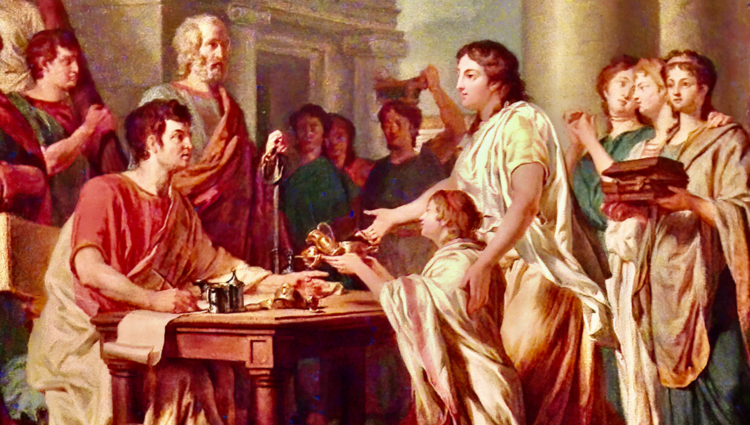Dr. Weaver was Professor of English at the University of Chicago from 1945 until his death in 1963. The best known of his works are Ideas Have Consequences (University of Chicago Press, 1953), and The Ethics of Rhetoric (Regnery, 1953).
Humanism in an Age of Science
The ideal of the human under the aegis of something higher provides the strongest counter-pressure against the fragmentation and barbarization of our world… Editorial Note: The essay has been edited from an untitled, undated transcript of a lecture which Richard Weaver delivered to a meeting of the Newman Club at the University of Chicago shortly [...]





